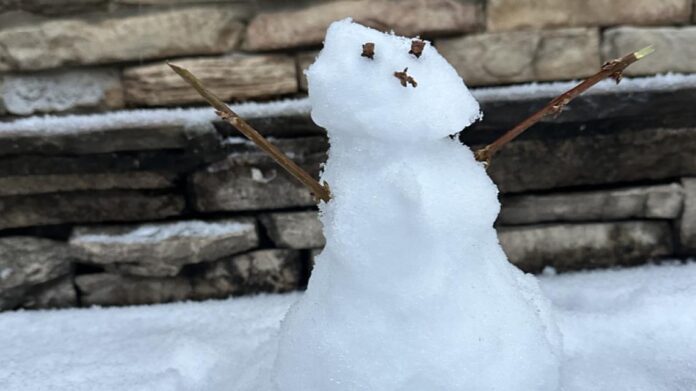Eating fresh, clean snow is generally safe, but precautions are needed to avoid contaminants and health risks.
ATLANTA — As snow blankets Atlanta during the winter storm, many people may wonder if it’s safe to eat snow. Well, it is a convoluted answer.
Can you eat snow?
Technically, yes. Experts say it’s generally safe to consume small amounts of fresh, clean snow, but there are some precautions to keep in mind.
According to the Cleveland Clinic, freshly fallen, white snow is the safest to eat. However, snow that has been on the ground for a while can collect dirt, pollutants, and chemicals, which could make it unsafe.
They also advise against eating discolored snow—yellow, brown, or any color other than white—since it may contain harmful substances.
Experts also warn against consuming plowed or shoveled snow. Snow near roads and sidewalks often contains salt, debris, or other chemicals used for de-icing. In areas with poor air quality, falling snow can absorb airborne contaminants, further increasing the risks.
The Cleveland Clinic adds that eating large quantities of snow could lower your body temperature, raising the risk of hypothermia. Experts also caution against using snow as a source of hydration, as your body uses energy to melt it, which can actually lead to dehydration.
Enjoying a taste of fresh snow can be a fun part of winter, but it’s important to ensure it’s clean, freshly fallen and free of contaminants.
When in doubt – it’s safer to skip eating the snow altogether.
